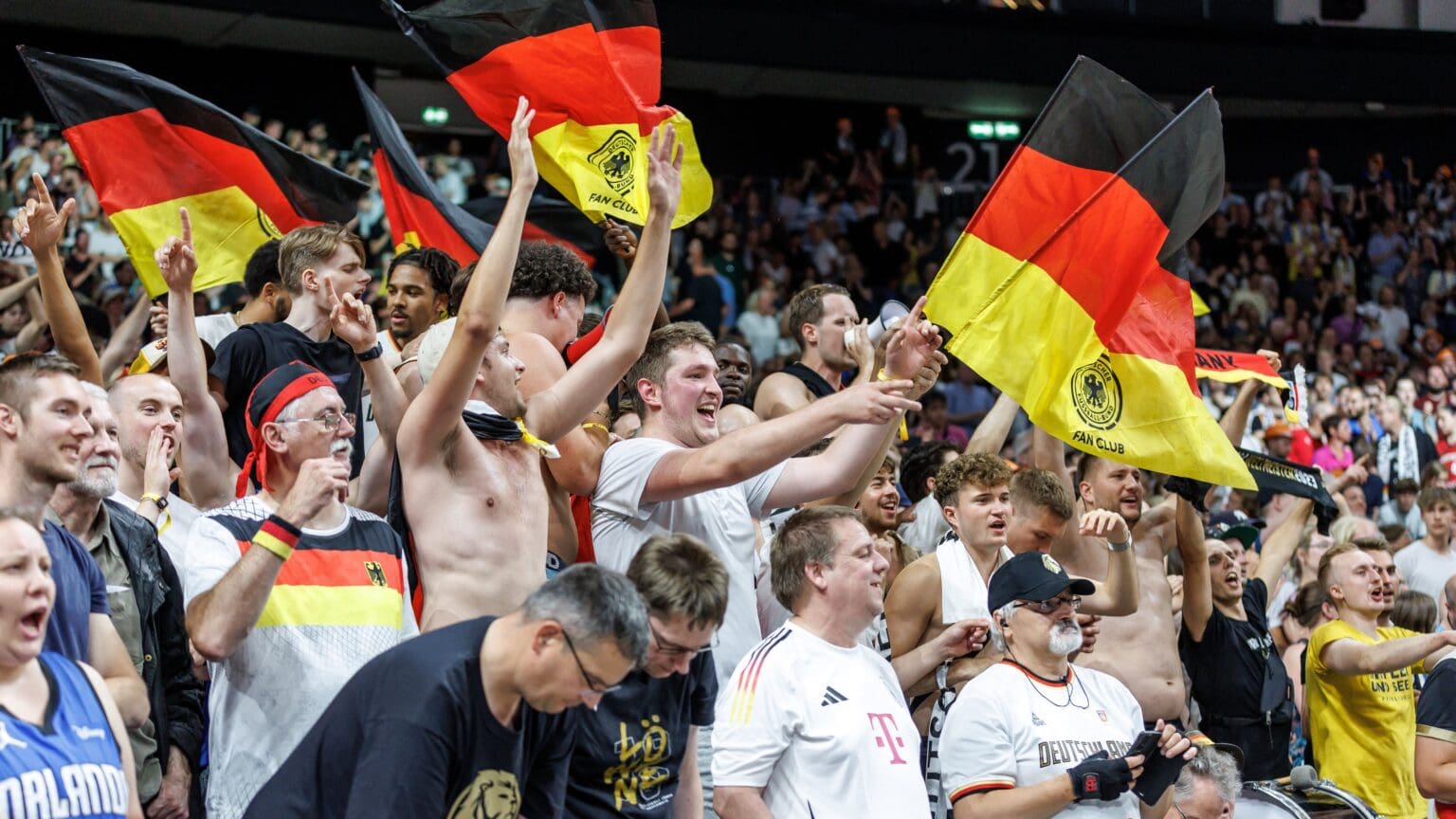
‘The changing demographic in German cities, where traditional characteristics are diminishing, also signifies deep socio-political shifts. Addressing these transformations is crucial, as they pose implications for democratic integrity and the rule of law, transcending partisan narratives.’
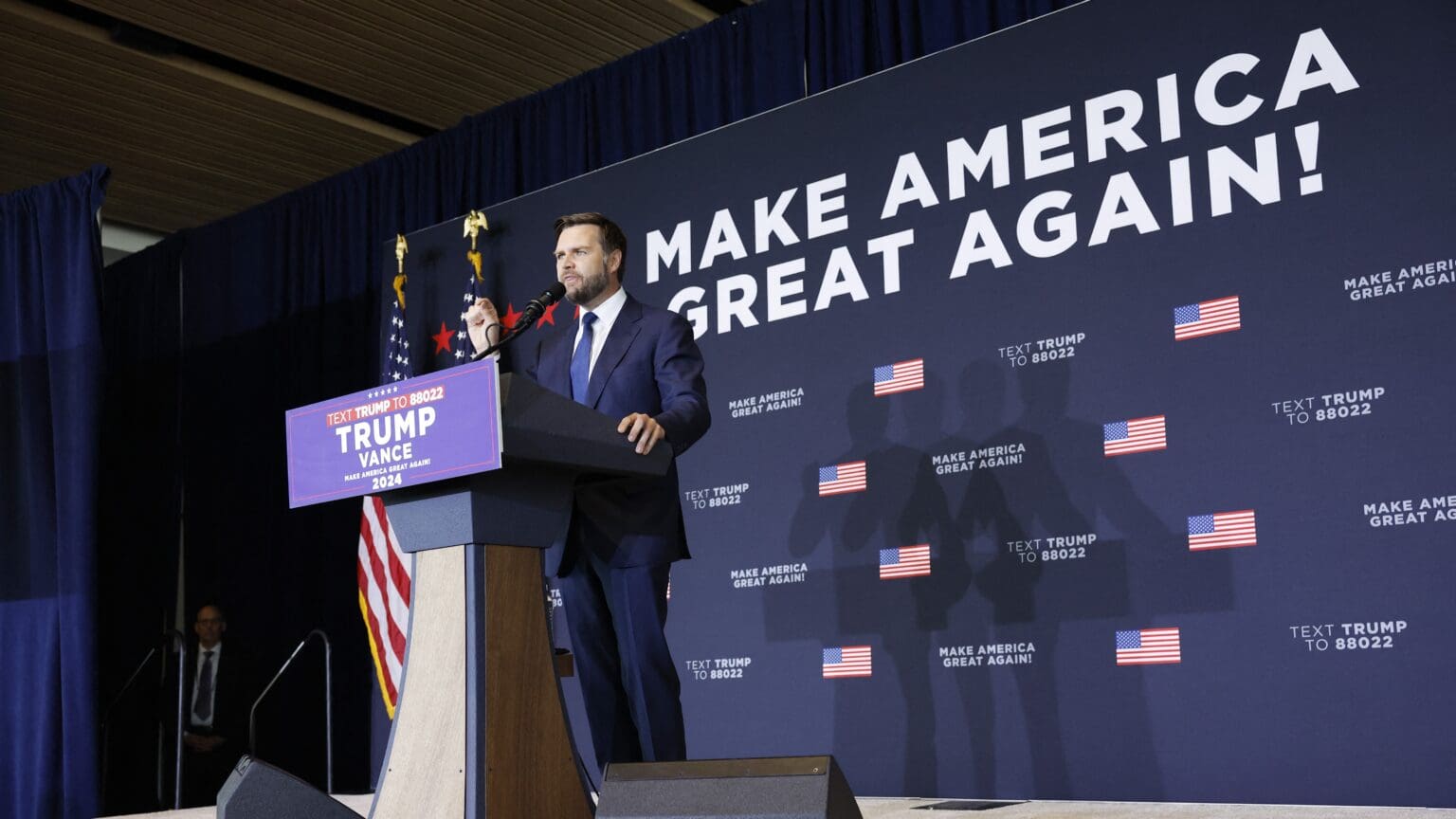
‘In his convention speech, Vance challenged the globalist idea that nations are a thing of the past. After telling a powerful story about how seven generations of his family are buried on the side of a Kentucky mountain, Vance said, “That is a homeland. That is our homeland. People will not fight for abstractions, but they will fight for their home.” This should resonate with Hungarians who support Prime Minister Orbán’s fight to protect Hungarian sovereignty and culture from the internationalists of Brussels and Davos.’
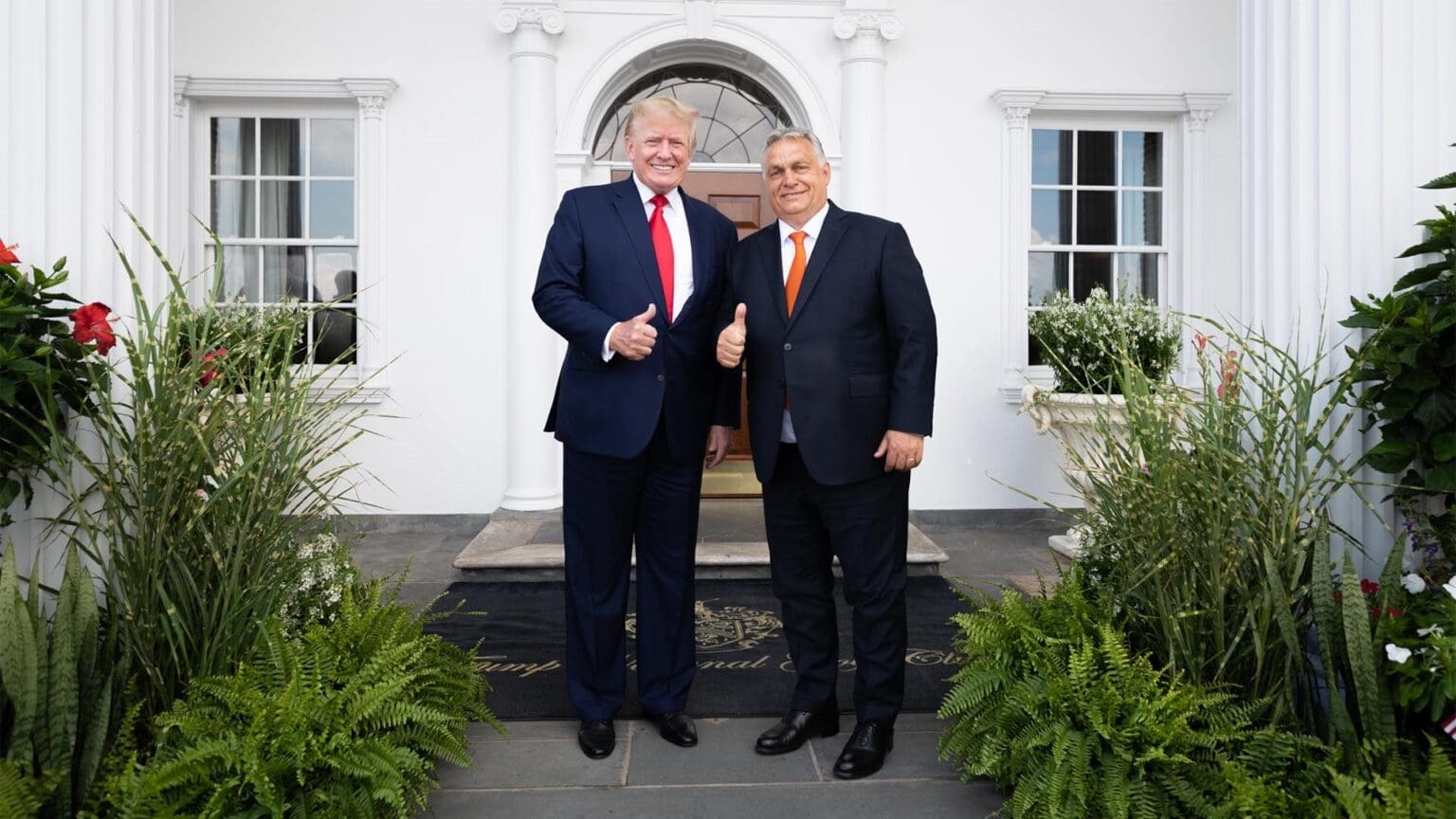
An opinion piece by the Washington, D.C.-based magazine The Atlantic is trying to make the case that Donald Trump’s victory in November could bring a ‘Hungary-style autocracy’ to America. Evidently, this is nothing new, just a usual hit piece by the liberal media in the US with the customary distortions, omissions, and half-truths.
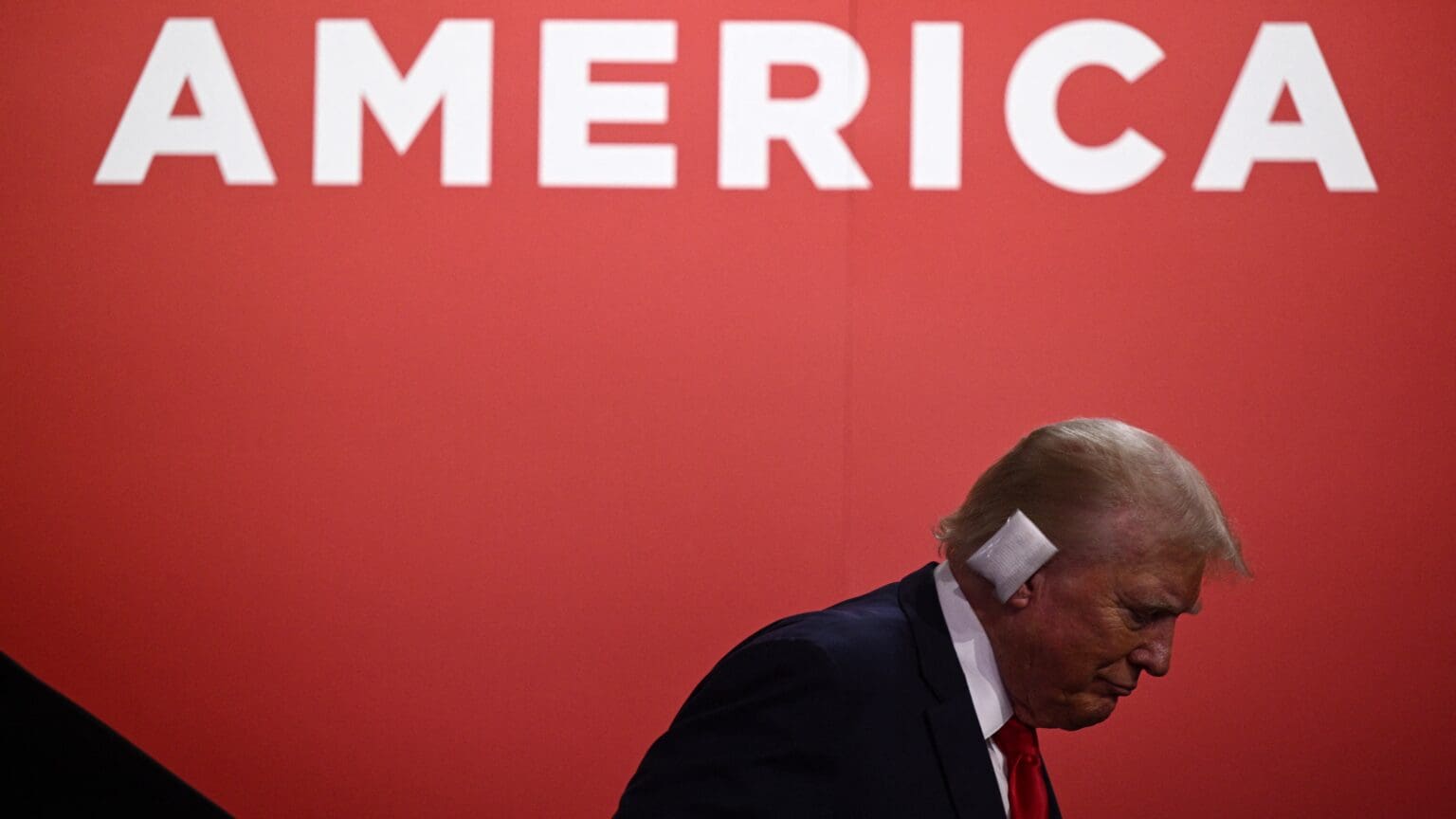
‘President Trump’s true character has just been revealed. It turned out that he’s the kind of man who comes under fire, takes a hit, feels the blood—and stands back up, with his fist raised. Obviously, at this point, Biden is no match for him, a President, who lived.’
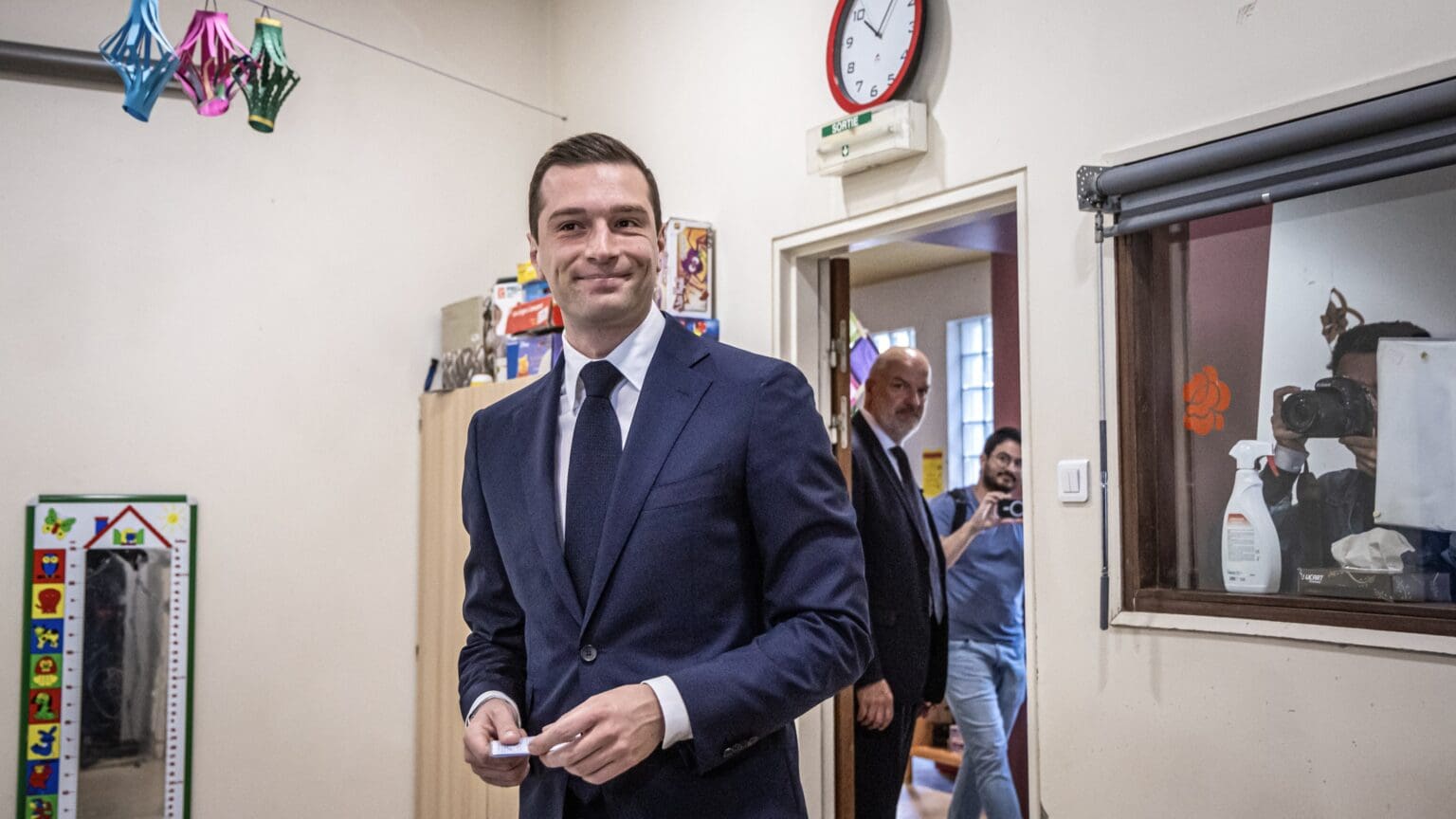
‘France is organized in a way that prevents a patriotic, nationalist force from taking power. This is the essence of the French system. The media, the judiciary, public servants, business, entertainment, and so on: virtually all layers of society have been taken over by left-leaning representatives since the 1970s to such an extent that a change of direction would inevitably lead to violent clashes, especially given the openly anti-French rhetoric of large parts of NFP supporters. Palestinian flags were more numerous than French ones at many anti-RN protests.’
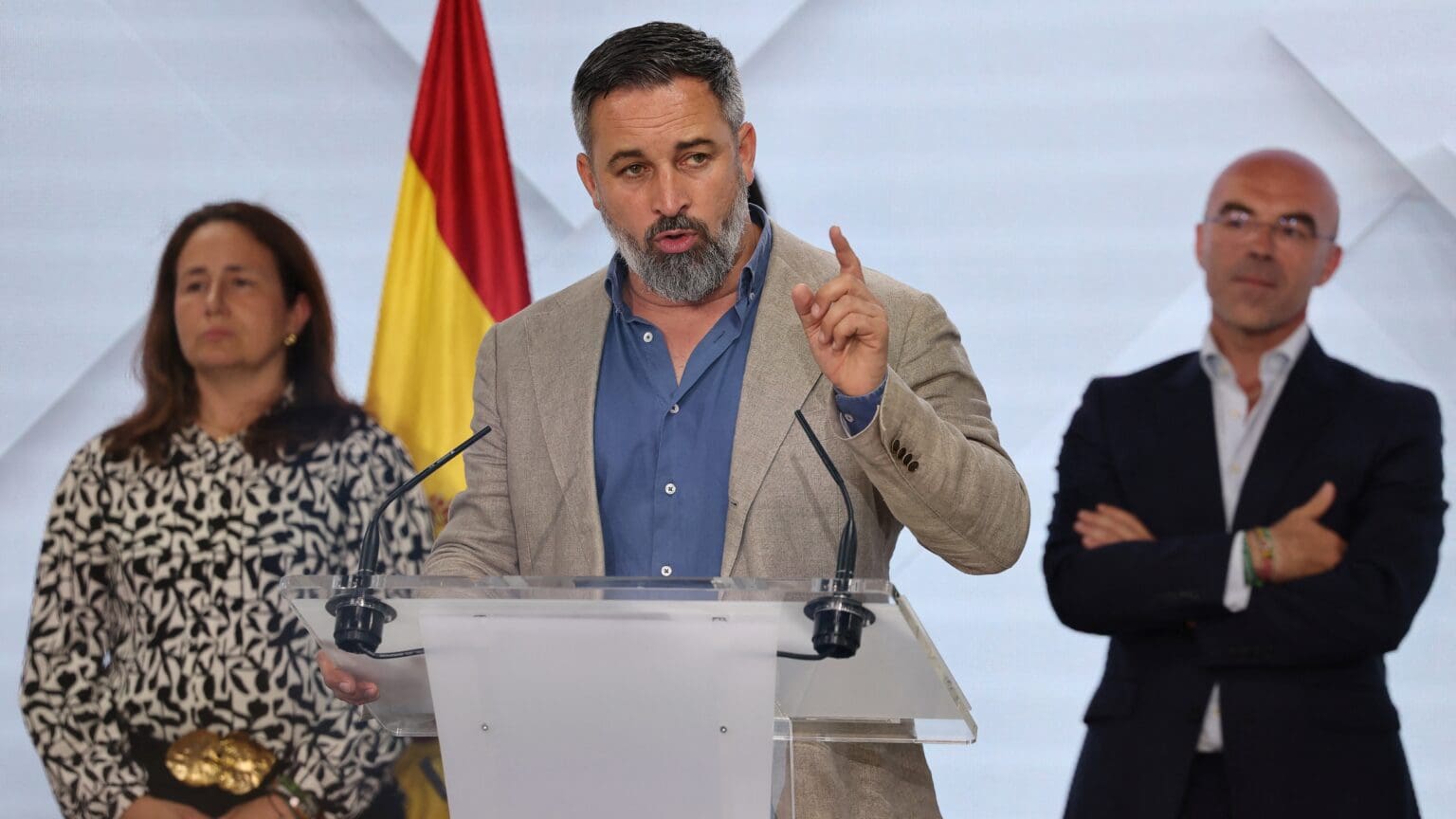
Vox has broken its regional coalition agreements with the Popular Party (PP) in five regions, something that no other party has ever done in the history of Spanish democracy, as VOX leader Santiago Abascal announced on Thursday.
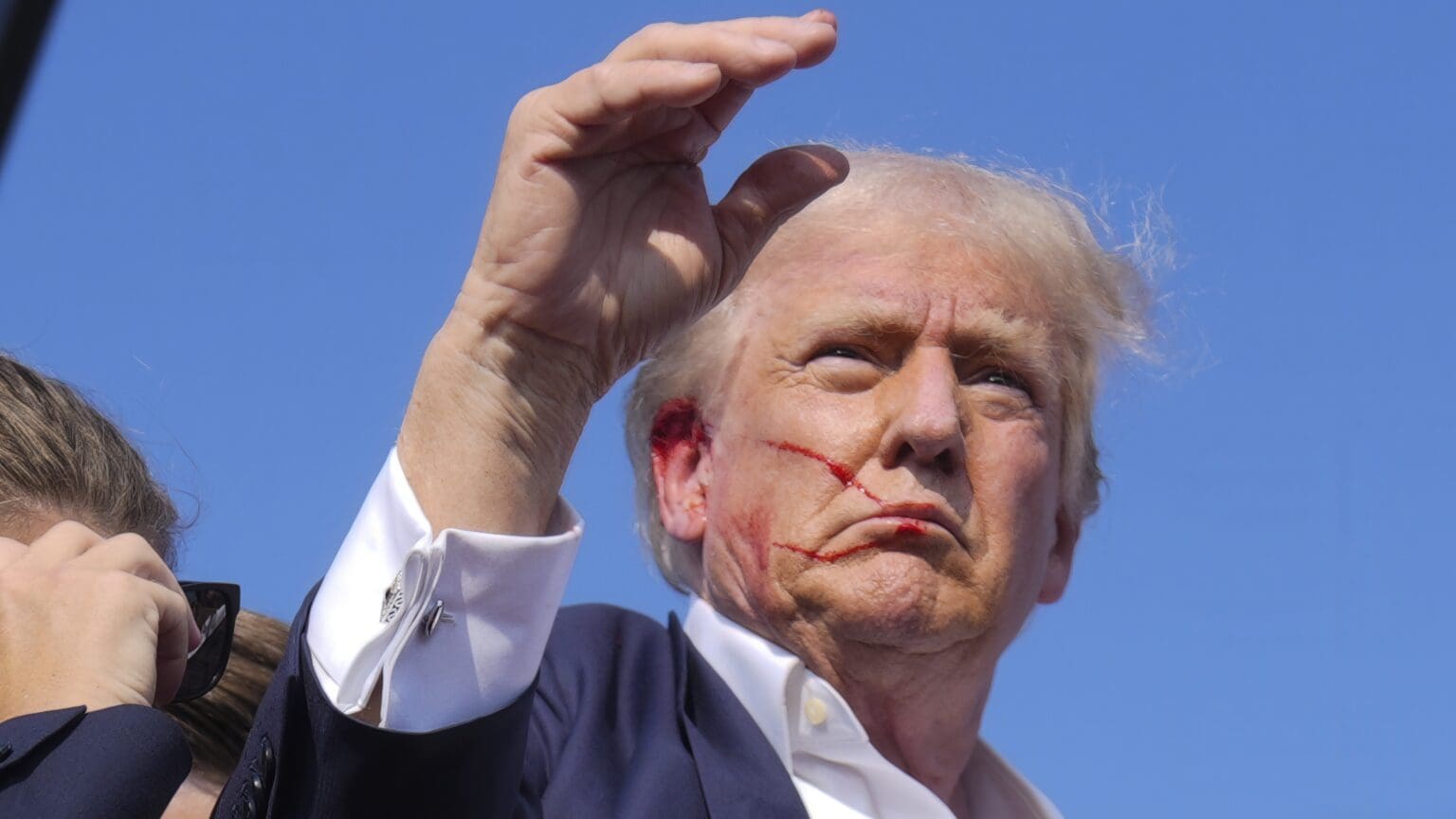
‘Trump, just as when he raised his arm with a clinched fist letting everyone know after being shot, should go further and publicly state that Biden—so long as he stays in the race—is not an enemy. If he is able to convince his base that the divisions in the U.S. must come to an end, he would be forever remembered as the man who united the United States of America during its most challenging moment in modern era, and only he can accomplish this for his country! God bless America!’
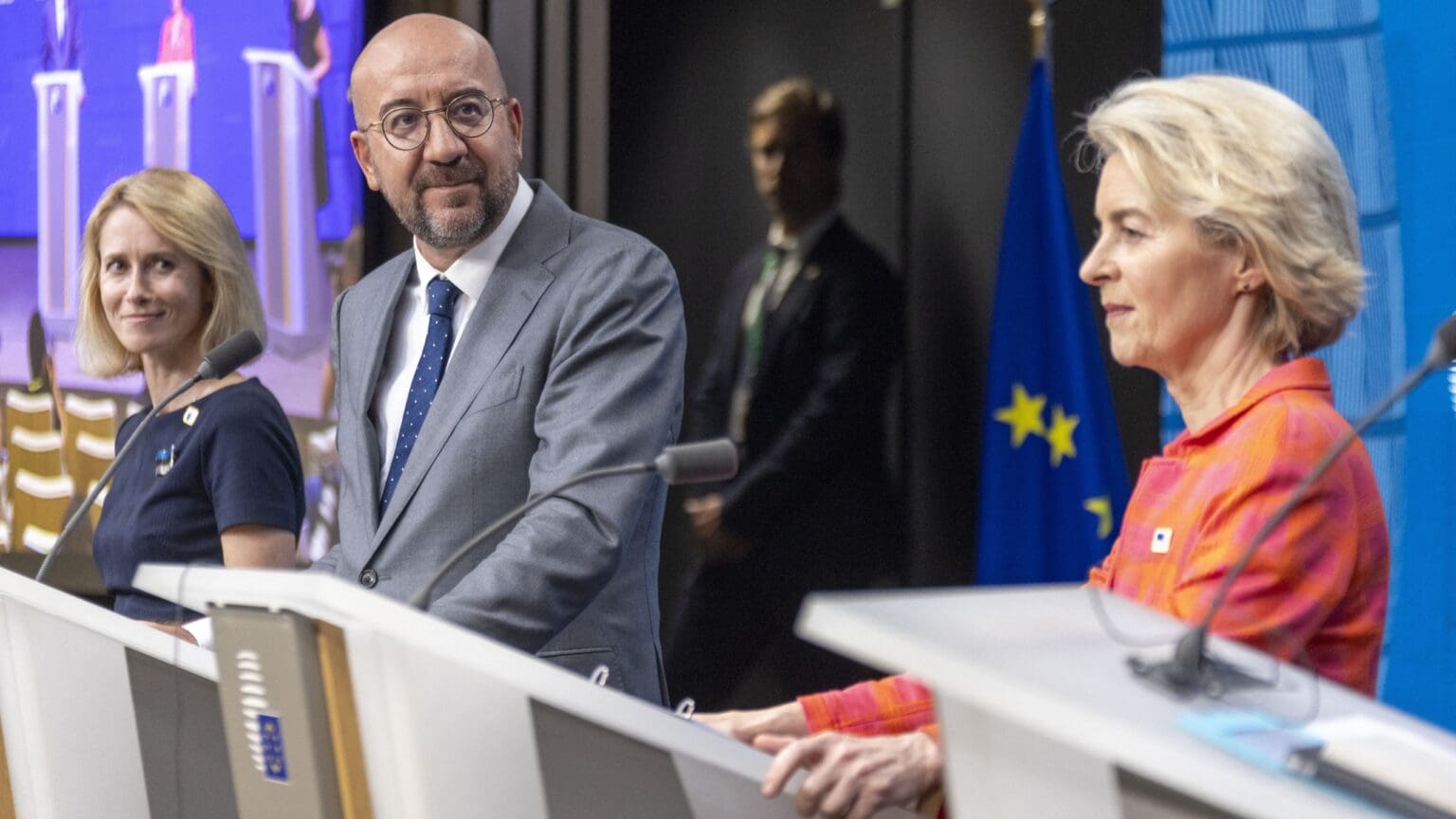
The cordon sanitaire as used by the EP today is not a reasonable political tactic to block parties that are radical beyond reasonable doubt, but a way for the political elite to block the will of the people, hollowing out the very purpose of democratic elections: to determine the political elite of the polis.

There is a lesser-known but in many ways much more influential pillar of the EU’s institutional system than the Commission, the Parliament, and the Council: the Court of Justice of the European Union, which is quietly but steadily building an ever closer union.
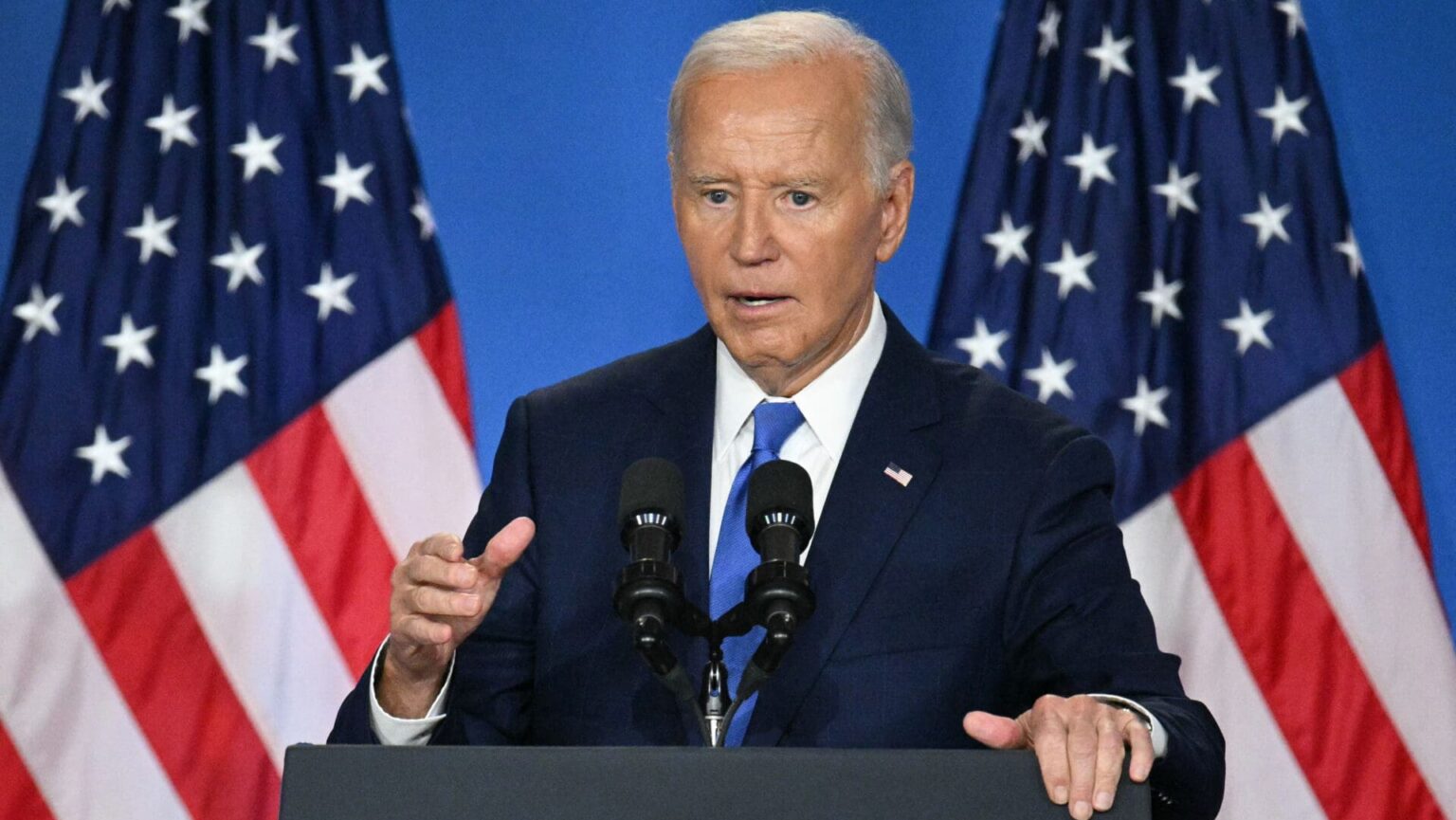
Just as in the presidential debate, Joe Biden failed to deliver an acceptable performance in his ‘big boy’ press conference this morning. The voices of discontent within the Democratic Party are growing louder. Whether the current president should step aside and hand his presidential candidacy to Vice President Kamala Harris remains to be seen in the coming days.
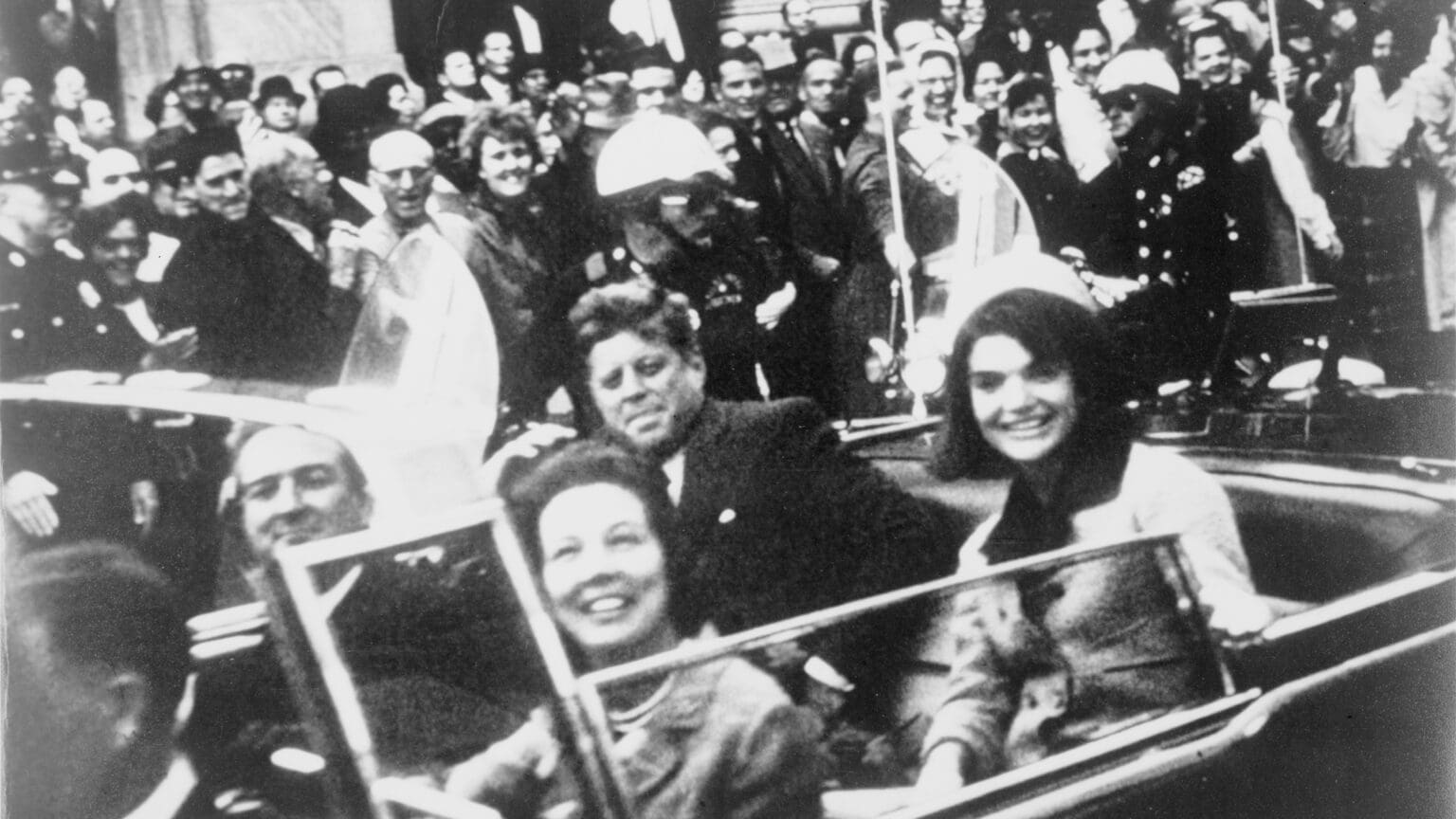
‘The deep state is nothing new, for it has existed throughout history and in different forms. What is new is the paranoia and the theories that are swarming around in the U.S., when in fact the deep state, if that is what some wish to call it, does not really care who holds onto power…The irony of Trump’s crusade against the deep state is that he will need to create a deep state to accomplish this, i.e., a powerful bureaucracy loyal to him over the country’s federal agencies.’
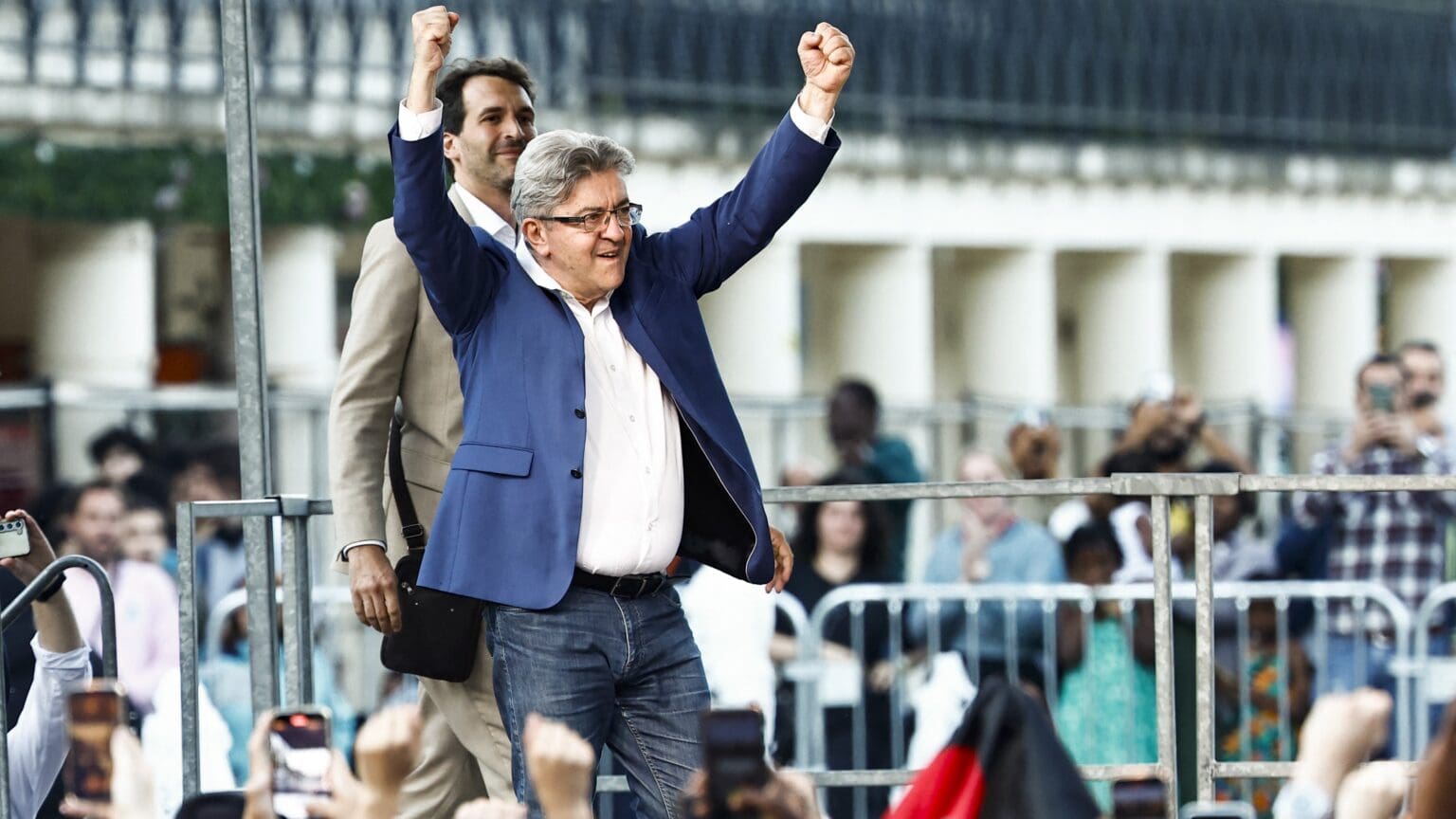
‘The left and progressives are following the same strategy everywhere in Europe. Scholz, in 2023, said he hoped to naturalize two million immigrants and soften the immigration law to attract up to 400,000 non-EU immigrants. In Spain we experienced it a few months ago, when the fact of regularizing half a million people was supported with the positive vote of all parties except Vox. The real problem will emerge when these illegal immigrants start to create their parties and win elections.’
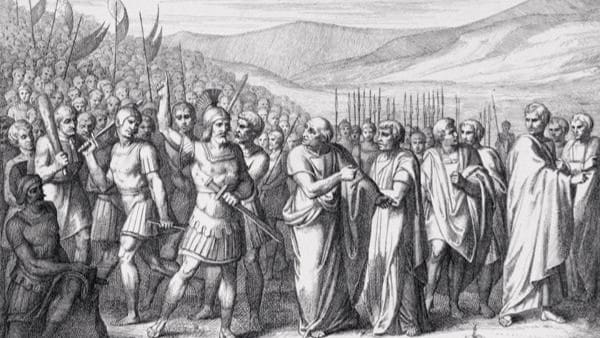
‘The fate of American democracy—and democracy more broadly throughout the West—depends on social, cultural, demographic, and technological trends and changes that have been ongoing for quite some time now. It may perhaps be too late to reverse these trends, and the fixation on individual figures fails to address the real issues at hand. As history has shown, the unraveling of social cohesion, coupled with technological disruptions, erodes the very foundations of democratic systems.’
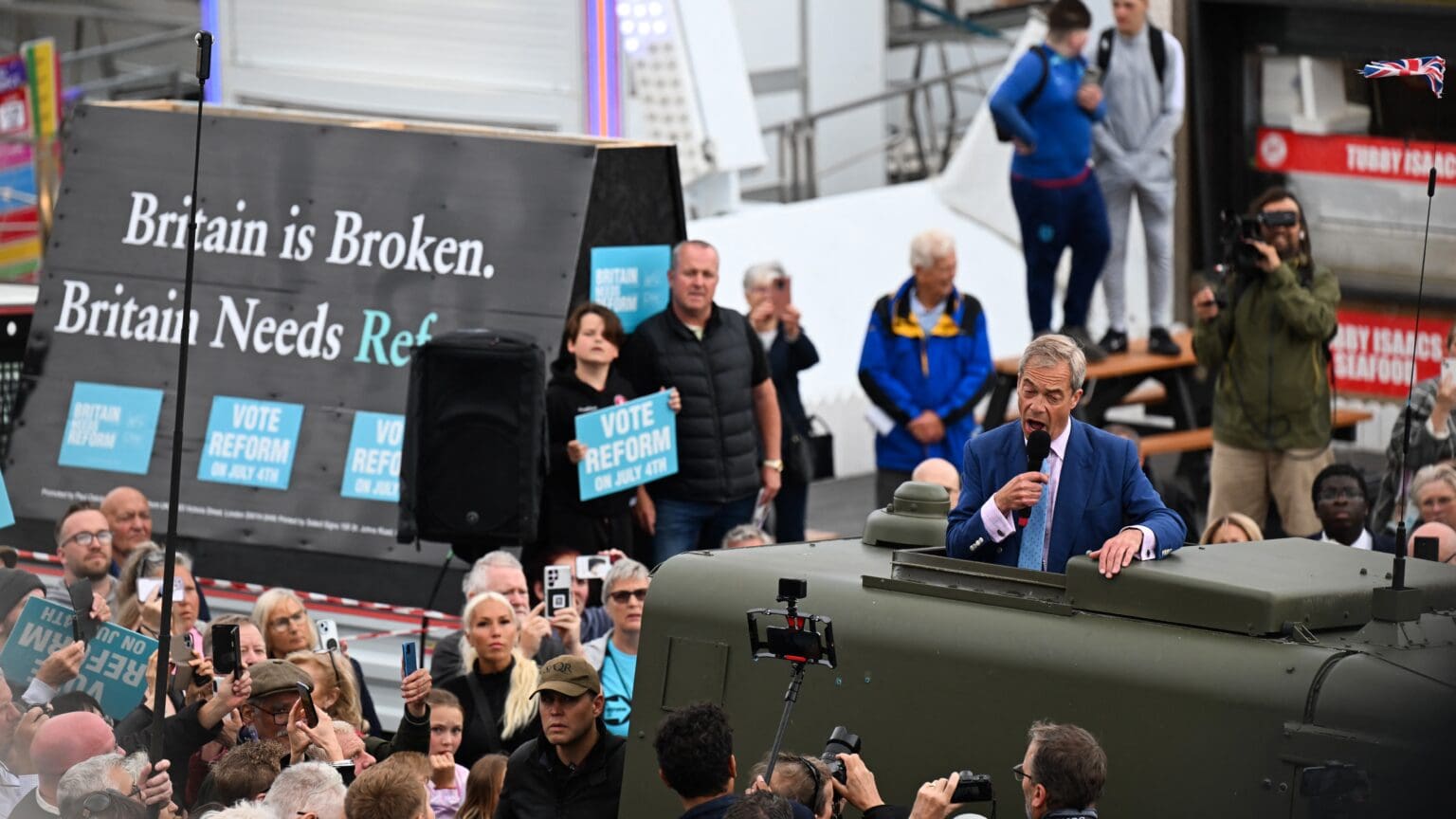
‘It wouldn’t be too much of a stretch to say that same forces that saw the young turn out en masse for the far left Jeremy Corbyn in 2017 have begun to circle around Farage. Like Corbyn, he is an anti-politics figure for an anti-politics age. Like Corbyn, he scandalises the Westminster establishment.’

‘In 2014, then-Vice President Joe Biden opined that New York’s LaGuardia Airport ‘feels like it’s in some third-world country.’ Little has changed in the ensuing decade. If anything, the contrast between Europe and Asia’s airports and America’s has become starker. British airport consultancy Skytrax releases an annual ranking of global airports; in the 2024 edition, Seattle-Tacoma International Airport (#24) is the only American representative in the top-25.’
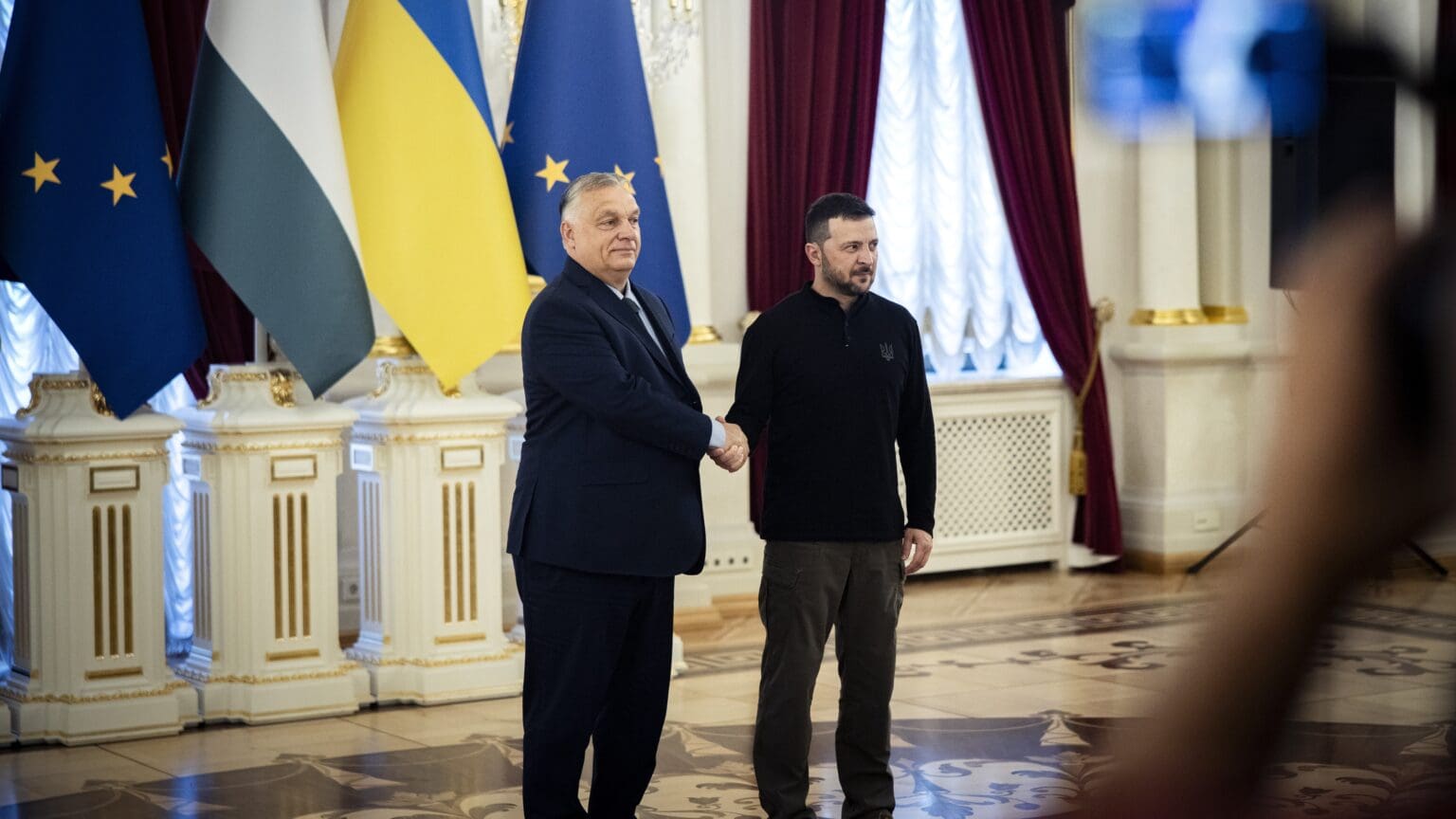
‘If the Hungarian government’s foreign policy in recent months had truly been to serve Russian interests, then, for example, the NATO secretary general would not have left Budapest with a free hand from Hungary to negotiate and conduct NATO training and support for Ukraine, as well as to undertake a long-term financial commitment required for military support, even if Hungary will not itself participate in these NATO efforts.’
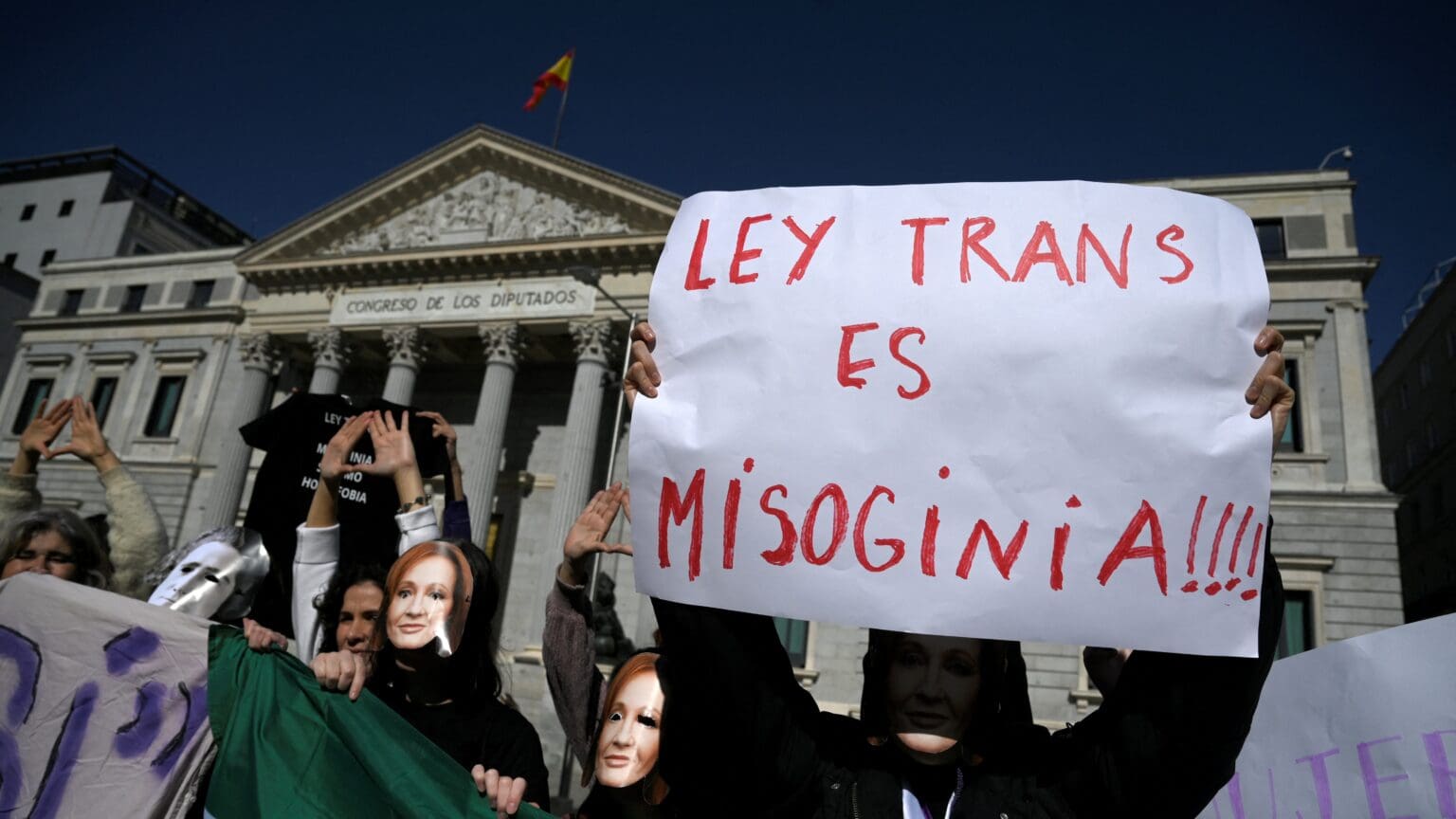
‘Ideological laws in Spain have been passed one after the other since Pedro Sánchez came into power. He has attempted to normalize gender ideology through laws, which has so far been a monumental failure. These laws are attacks on the common sense, truth, logic and reason.’
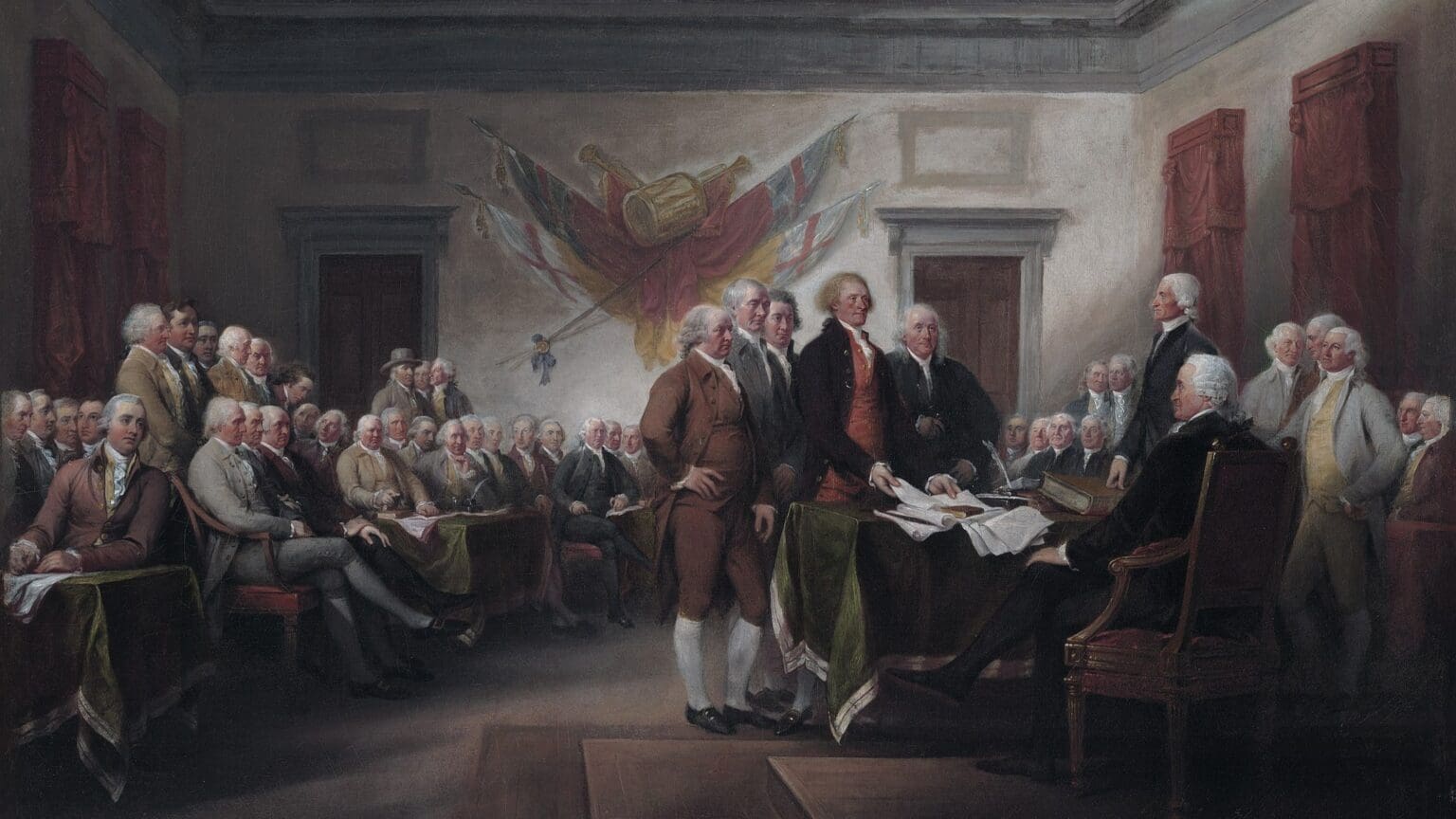
‘This 4th of July, my own country’s independence day, Americans can look with solidarity to the struggles of Hungary and of all democracies against the many faces of tyranny in these last few centuries.’

‘Incidentally, Netanyahu’s failure is not because the Biden administration is withholding weapons. The heart of the issue is the Islamic indoctrination of Palestinian Muslims. Just like organized crime in southern Italy, whether it is called the Mafia or the ‘Ndrangheta, capturing and imprisoning the militants or killing them will not end Hamas.’
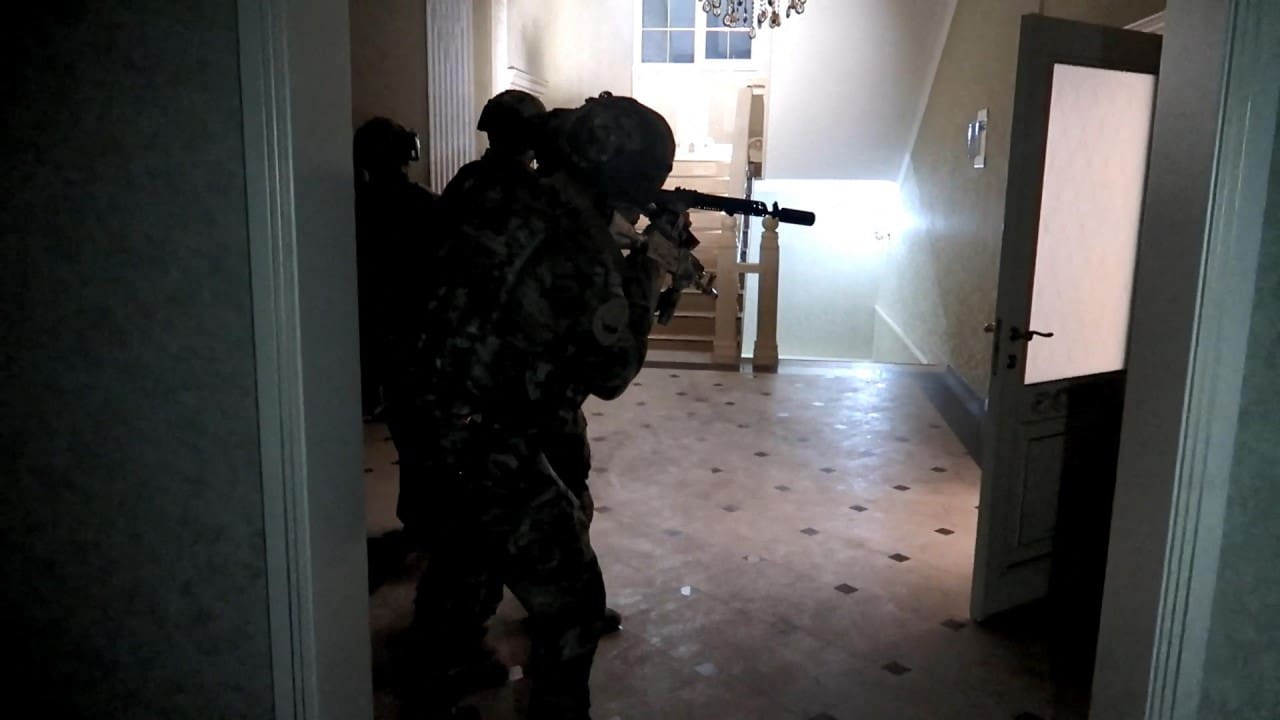
The recent terror attacks in Dagestan are only some of the many signs that Russia is facing a real threat in terms of radical Islam in the Caucasus. In October 2023 a crowd of Muslim fanatics besieged the Makhachkala airport in search of Jews. The antisemitic riot which led to sixty people being arrested left the airport with smashed windows and injured policemen.

‘In the end, the USD’s centrality to the system of global payments also increases the power of sanctions it imposes on other countries or individuals. In truth, since almost all trade is done in American dollars, even trade among other countries, they can always be subject to US sanctions because they are handled by so-called correspondent banks with accounts at the Federal Reserve. By cutting off the ability to transact in USD, Washington can make it uncomfortable for those it blacklists to do business.’
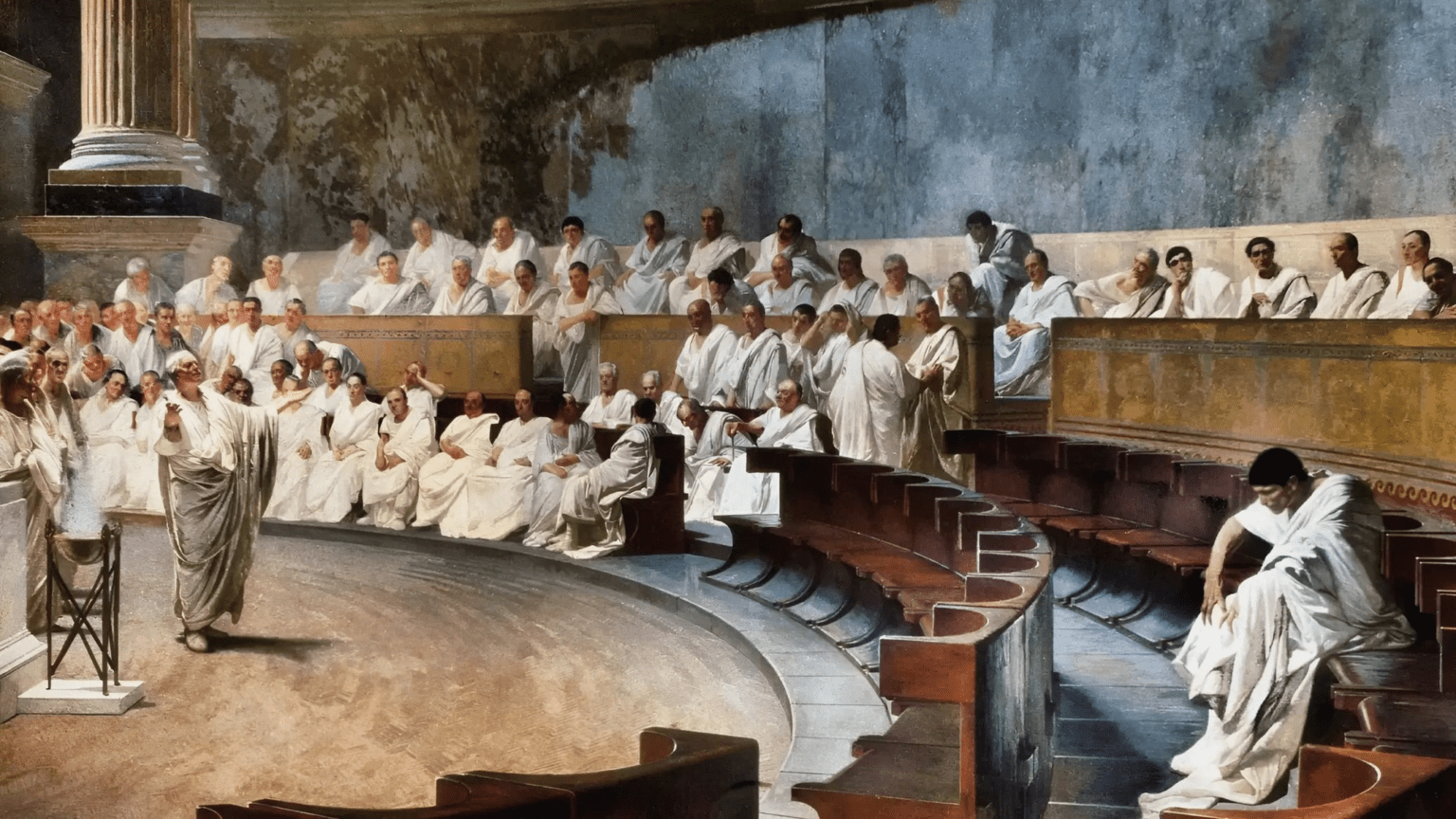
‘But national consciousness is precisely the origin of modern democracy and is still crucial for organizing democratic solidarity. Of course, nationalism can lead to a dangerous chauvinism which makes people believe that their nation has the right to bully others, but these cases are, fortunately, exceptional excesses. The big picture is that nationalism and modern parliamentary democracy emerged in the 19th century in intimate connection and presuppose each other.’
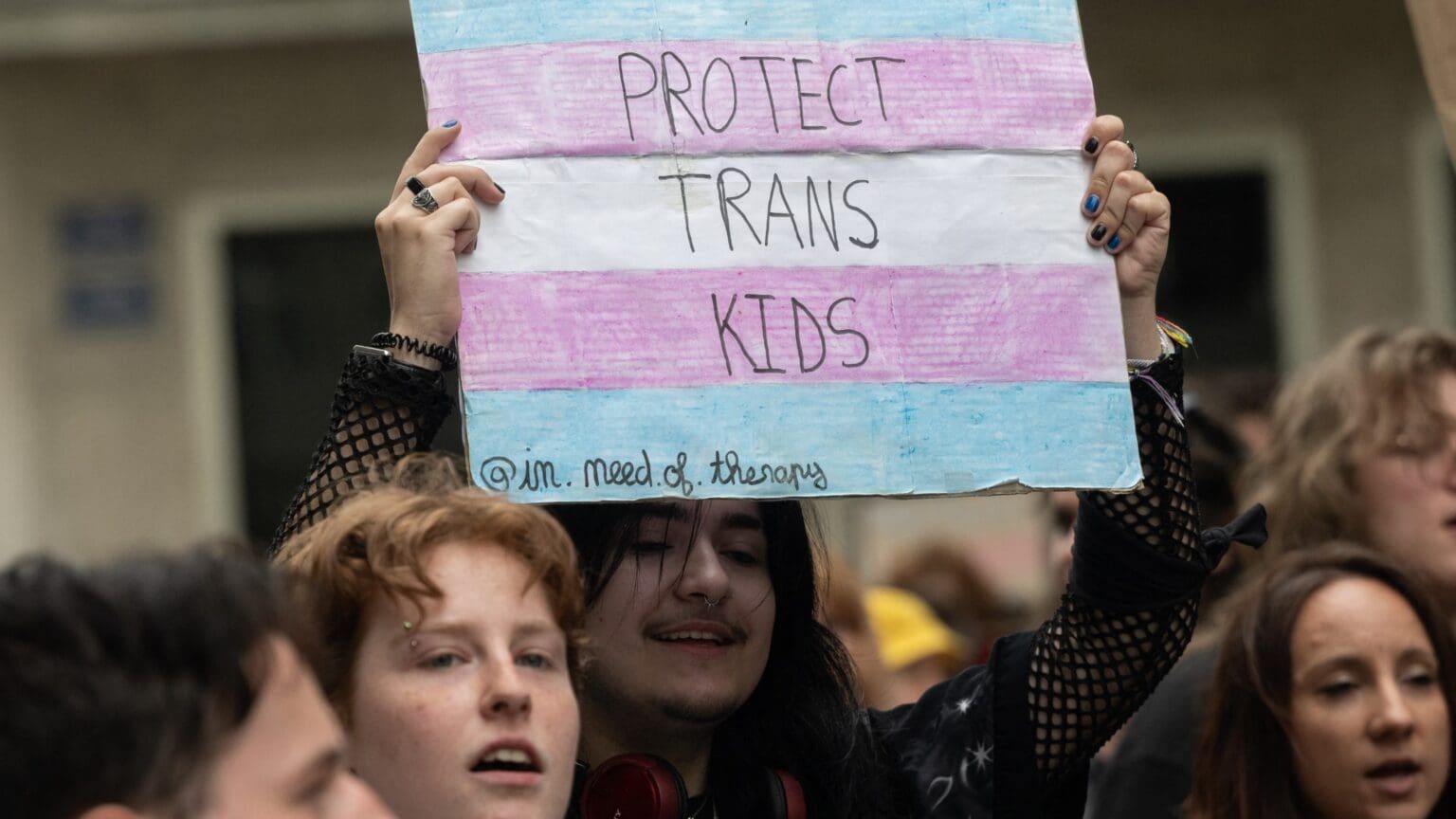
‘The corruption is staggering. Chemically and surgically intervening to halt the normal sexual development of children is an extreme measure by any reckoning. In Europe, physicians and researchers have stepped back from permitting these treatments, out of concern for poor outcomes, and as the phenomenon of gender dysphoria in youth—which has skyrocketed over the past decade—is better understood.’

‘This is why the model pioneered by Viktor Orbán and Fidesz matters so much to Western conservatives. Orbán understood a long time ago that powerful private actors—especially George Soros and his Open Society Foundations—exercise disproportionate power over Hungarian affairs, or at least seek to do so. Similarly, public institutions that have been captured by illiberal progressives operate as if they have a natural right to evade scrutiny and accountability. And if leaders of the political Right are too shackled by their right-liberal convictions to take the fight to them, why shouldn’t the cultural socialists do whatever they think is necessary to win?’
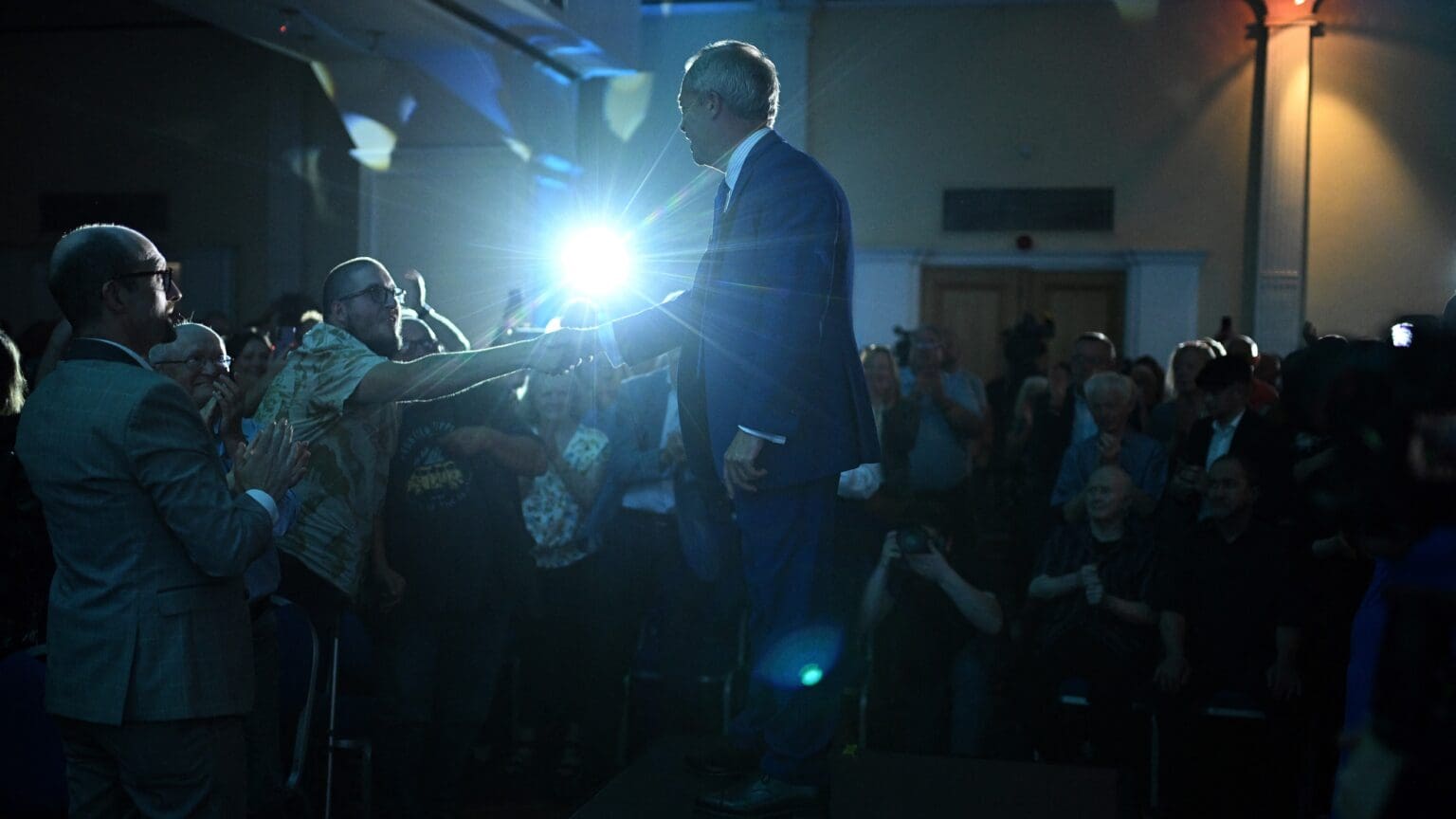
‘In short, the post-Brexit era and the Conservative majority government have not changed anything in the UK. The British continue to have problems with illegal and massive immigration, problems in the economy, and they still have not regained their much loved and longed for sovereignty. Likewise, the Labour Party did not bother to take up ‘the cultural battle’; they dropped all gender laws and only focused on the economy, albeit unsuccessfully.‘
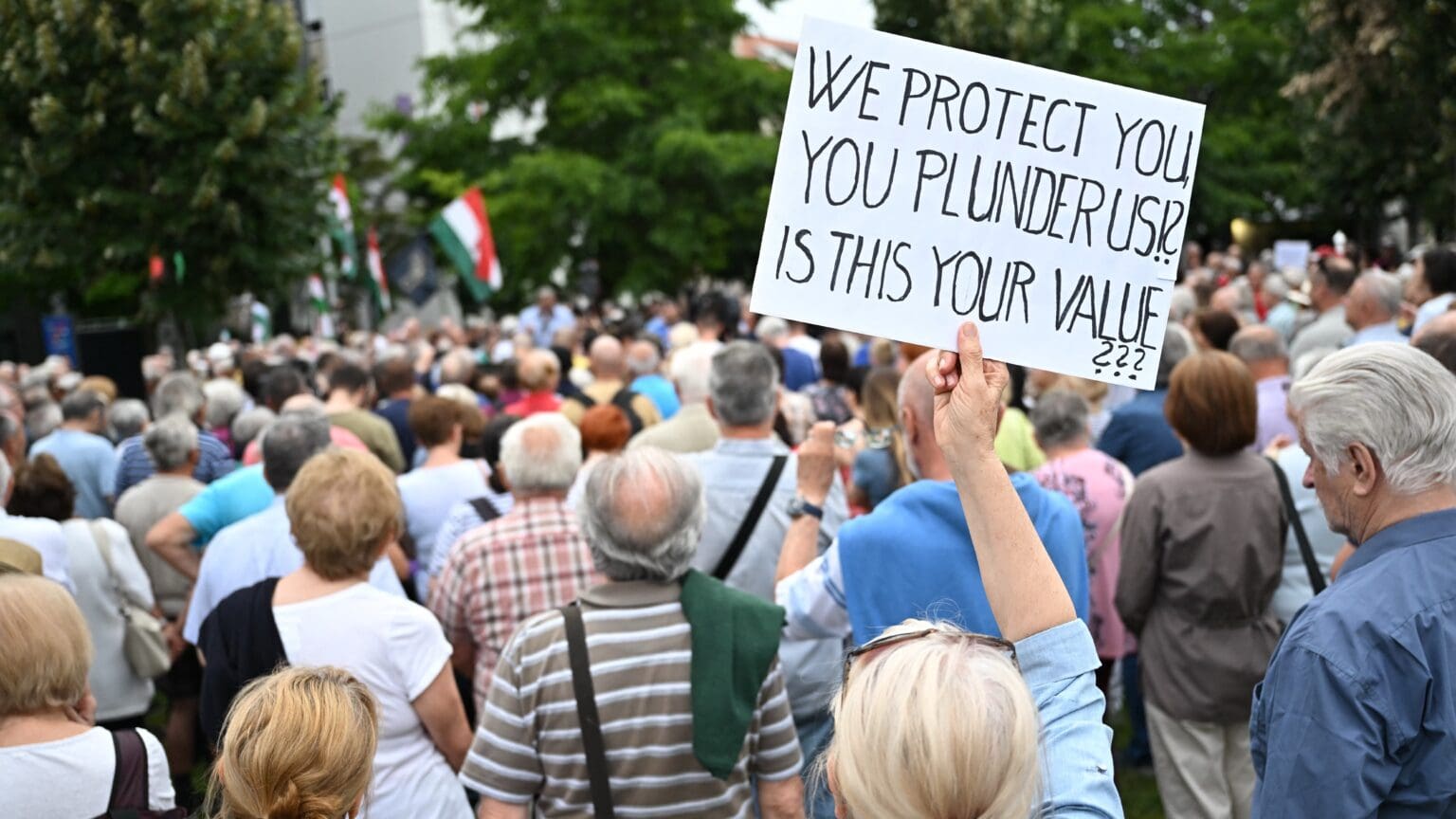
‘Is it any surprise that the recent Dutch national elections were won by Geert Wilders’ Freedom Party? Is it surprising that the Dutch are fed up with uncontrolled—and, frankly, uncontrollable—immigration? Who would want to live in a country where there are about three bomb attacks every day? Who would want to run a business or open a shop in such a country? Make no mistake: this is the future from which Orbán is trying to save Hungary.’
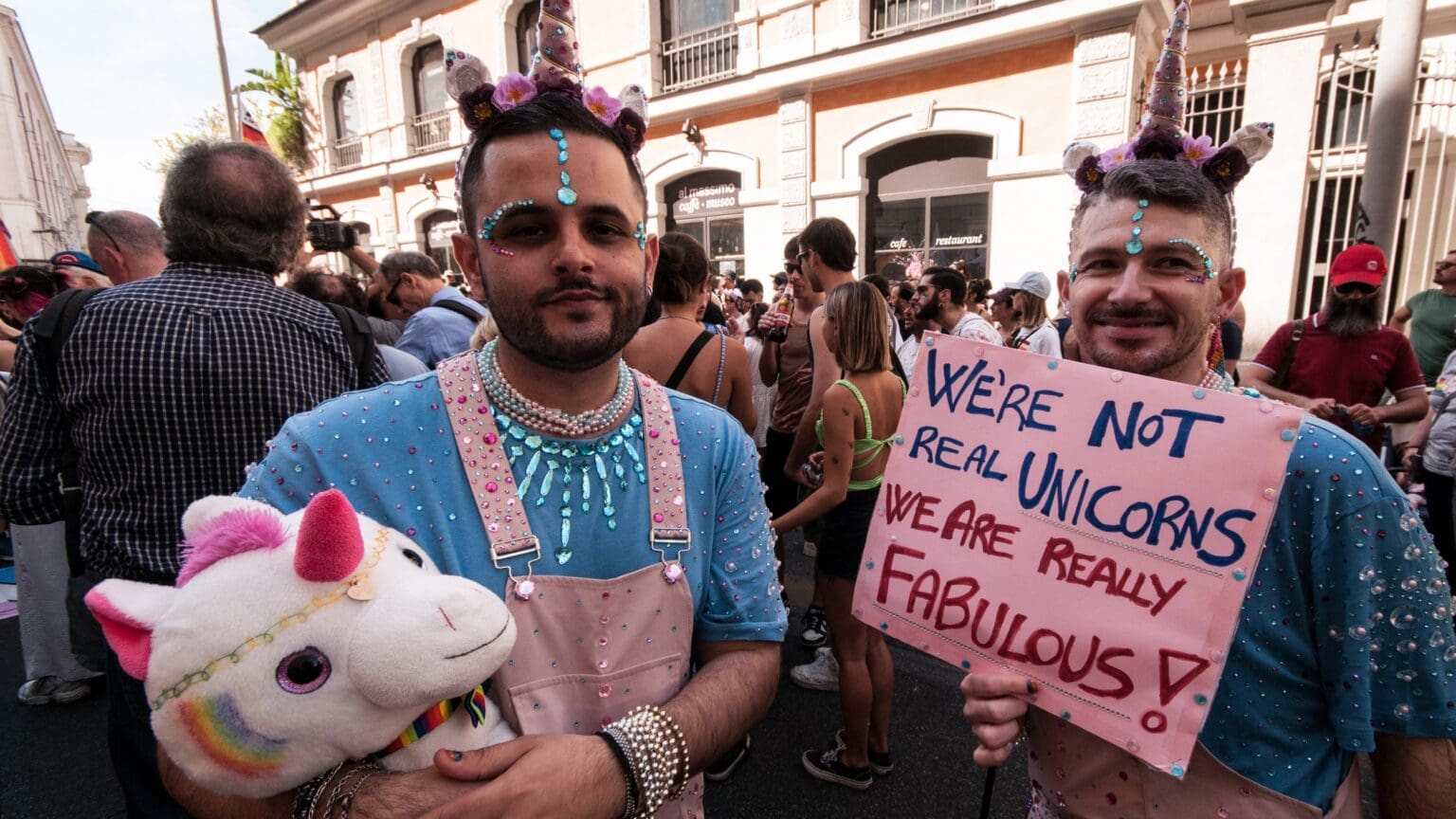
‘“There is not enough money in the world for us to put our children and grandchildren into the hands of LGBT activists,” said Orbán earlier this month. We are all in a very bad place when basic moral sanity like that is an act of uncommon courage…It is unlikely that Orbán will show up at the American ambassador’s queer picnic. In civilizational terms, the prime minister will be missing a tea party on the deck of the Titanic.’
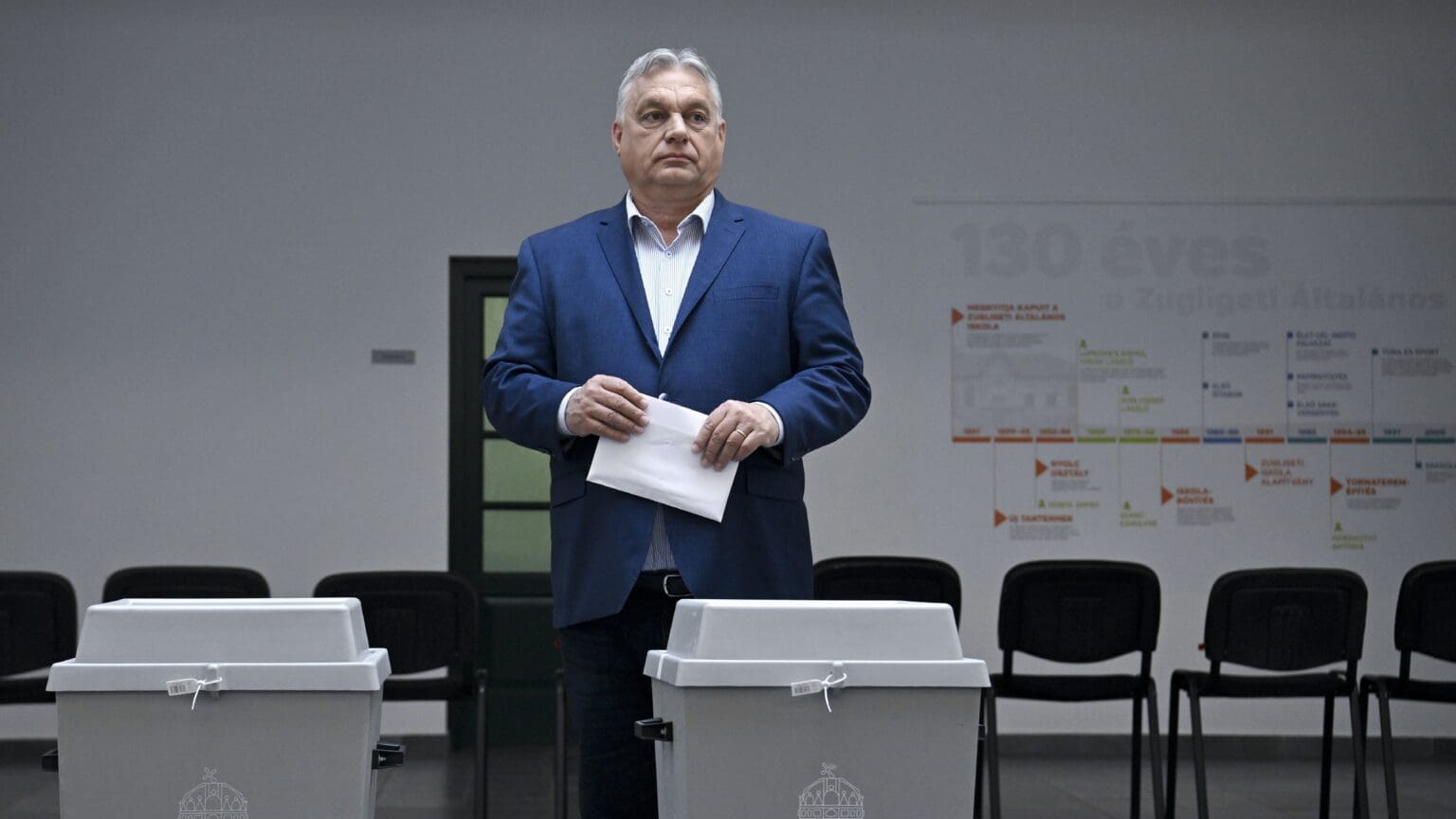
‘These frustrated, single thirtysomethings, who were hit hard financially in the last two years, are angrier than ever about the government’s distribution of money to families. Of course, catering to childless single adults in a rapidly developing country where population decline is the biggest challenge is not smart as a matter of national strategy. But it could cost an election victory. Therefore, in my opinion, a strategic political decision may be required: to sacrifice some of the resources and channel funding to single adults as well, to allow conservative forces to remain in power, which would still be far more supportive of families and the nation than liberal forces.’
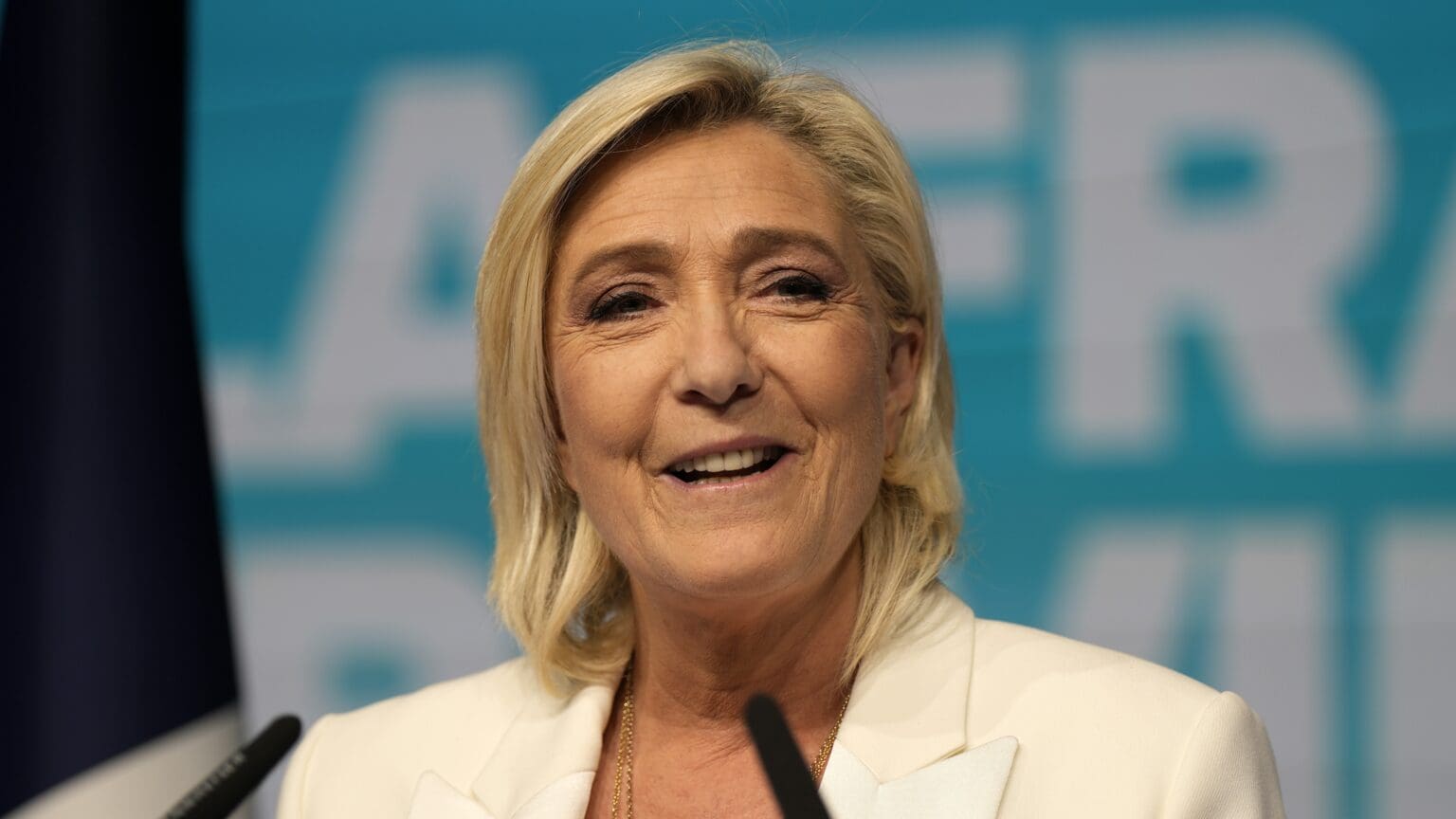
‘The worst thing that can happen right now in France is the disunity of the right-wing parties, because if they stand united, they really have the best opportunity ever to change the course. It is not going to be an easy task, after a forty-year inaction in which even bringing up the issue of illegal immigration and insecurity was outright branded as extreme right-wing rhetoric. Albeit this is still happening, it is having less and less effect on a large part of the right-wing electorate, as they have got used to the labelling, and now even mock it.’

‘It is debatable whether the COP negotiations themselves achieve much, given that a global consensus is typically only possible when the wording is so vague as to mean anything, which is closer to meaning nothing than something…What is clear, however, is that COP has been co-opted by the very form of political economy that provoked its existence. Much like Dubai itself, this is the sort of event that only late-stage capitalism might produce—a monument to the branding-industrial complex. One cannot help but sense that in its contradictions and shallow affect, COP is less a cure for what ails us, but rather a symptom of the problem to be cured.’